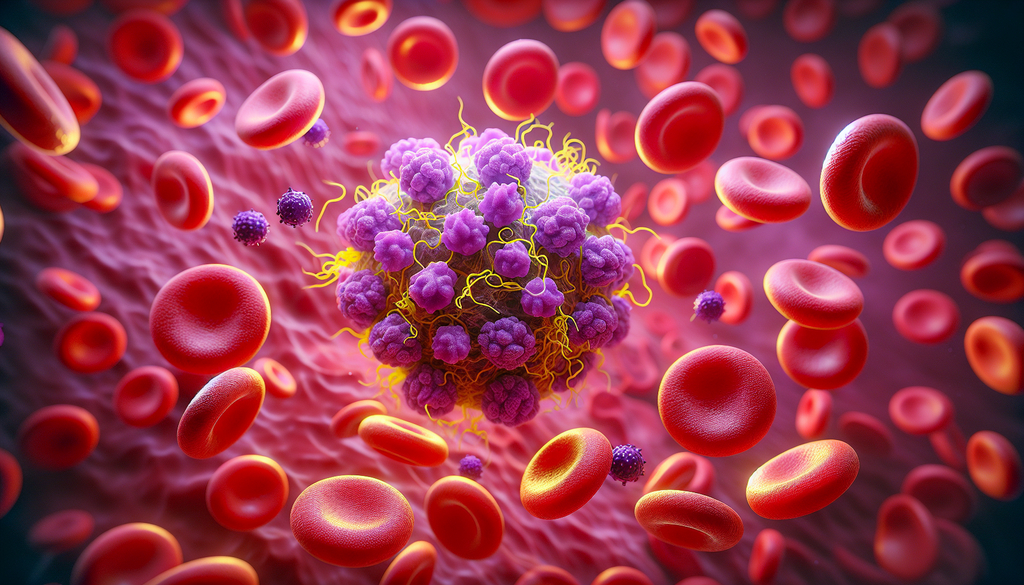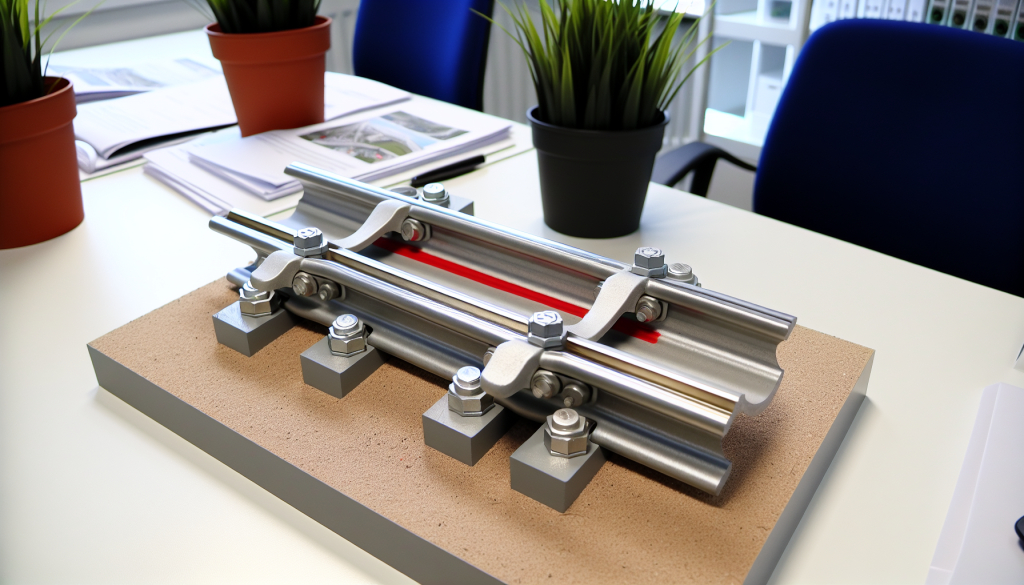If CD19 CAR T-Cell Therapy Doesn't Work in Lymphoma, Consider a CD22 Option

— Potential for durable responses with alternative antigen-targeted therapy
A promising new treatment targeting a different antigen has shown success among patients with large B-cell lymphoma who previously relapsed after receiving CD19-directed CAR T-cell therapy (CAR19), according to findings from a phase I dose-finding study.
In the study, 38 patients who had not responded to CAR19 achieved a 68% overall response rate and a 53% complete response rate following treatment with autologous CD22-targeted CAR T-cell therapy (CAR22). The median duration of response was 27.8 months, reported Dr. Matthew J. Frank from Stanford University and colleagues.
"While these results are promising, it is important to keep in mind that this was a phase I study aimed at determining appropriate doses," the research team noted in their publication in The Lancet. They also emphasized that these results provide important preliminary evidence that CAR22 could offer positive outcomes for patients who relapse after CAR19 therapy, positioning it as a potential new standard of care in such cases.
Commenting on the findings, Maria-Luisa Schubert, MSc, and Dr. Peter Dreger from the University of Heidelberg stated the results "could indeed reshape clinical practices." However, they stressed the need for larger studies to confirm both the safety and efficacy of CAR22 therapy beyond Stanford, with more diverse patient populations.
A multicenter trial evaluating CAR22 in patients with large B-cell lymphoma who have relapsed after CAR19 therapy is currently ongoing.
Targeting CD19 with CAR T-cell therapies—such as axicabtagene ciloleucel (Yescarta), lisocabtagene maraleucel (Breyanzi), and tisagenlecleucel (Kymriah)—has led to long-lasting responses in 30%-50% of patients with relapsed or refractory large B-cell lymphoma. However, for those who relapse after CAR19 therapy, the outlook remains challenging, with median overall survival around 6 months at the time of this study.
This underscores the critical need for new treatments for patients who relapse after CAR T-cell therapy.
As part of the open-label study at Stanford, CAR22 was infused at two different doses—1 million and 3 million CAR22-positive cells per kilogram of body weight—into patients 18 years or older who experienced relapse following CAR19 therapy or who had CD19-negative large B-cell lymphoma.
Of the 40 patients who underwent leukapheresis, CAR22 was successfully manufactured for 38. The median patient age was 65, and nearly half were women (45%). Most patients (84%) had elevated pre-treatment lactate dehydrogenase levels, 97% had relapsed after CAR19, and nearly a third had refractory disease. On average, patients had undergone four prior lines of therapy.
The study identified that the maximum tolerated dose was 1 million CAR22-positive T cells per kilogram of body weight. Among the 29 patients at this dose level, none experienced dose-limiting toxicities or grade 3 or higher forms of cytokine release syndrome (CRS), immune effector cell-associated neurotoxicity syndrome (ICANS), or IEC-HS (immune effector cell-associated hemophagocytic lymphohistiocytosis-like syndrome).
For all participants, the median progression-free survival was 3.0 months (95% CI, 1.8- NE), and the median overall survival was 14.1 months (95% CI, 9.1- NE).
At the maximum tolerated dose, 12-month overall survival was estimated at 57%, with a 2-year survival rate of 52%. This, the researchers noted, presents a "stark contrast" to the median overall survival of just 6 months previously observed in patients relapsing after CAR19 therapy. However, patients who did not achieve a complete response with CAR22 had poorer long-term outcomes, mirroring what is seen after relapse following CAR19 therapy.
The most common grade 3 or higher side effects were hematological in nature, including neutropenia in all patients (100%), anemia (61%), and thrombocytopenia (63%). Most patients experienced recovery to less severe levels of cytopenia within the first 60 days post-infusion.
Infections occurred in 42% of patients (16 out of 38), with only two reaching grade 3 in severity.
"Importantly, at the highest tolerated dose, no patients experienced grade 3 or higher CRS, ICANS, or IEC-HS," the team reported. "Moreover, instances of ICANS were notably infrequent and resolved within a day in most cases, differing significantly from what’s typically observed with CAR19 treatments."
Schubert and Dreger, in their accompanying editorial, raised several intriguing areas for future research involving CAR22, such as its potential role in earlier treatment phases, for patients who have yet to receive CAR T-cell therapy, and its synergy with other immune therapies. They also expressed interest in understanding why CAR22 seems to deliver more favorable results than other CD22-targeted CAR T therapies.
Disclosure
This study received funding from the National Cancer Institute, National Institutes of Health, Stanford Cancer Institute, Leukemia & Lymphoma Society, Parker Institute for Cancer Immunotherapy, Lymph & Co, and the European Hematology Association.
Dr. Frank disclosed consulting for Kite Pharma-Gilead, Adaptive Biotechnologies, and Cargo Therapeutics; he also receives research support from Kite-Pharma-Gilead, Allogene Therapeutics, Cargo Therapeutics, and Adaptive Biotechnologies, and serves on the data safety monitoring board for Fate Therapeutics.
Several co-authors also disclosed industry ties.
Schubert has served as a consultant to Gilead and Takeda and received support for meeting attendance from Janssen and Sobi. Dreger consults for AbbVie, AstraZeneca, BeiGene, BMS, Gilead, and Miltenyi (all to institution), and holds roles on speakers' bureaus for multiple companies (all to institution).
Primary Source:
The Lancet
Source Reference: Frank MJ, et al. "CD22-directed CAR T-cell therapy for large B-cell lymphomas progressing after CD19-directed CAR T-cell therapy: a dose-finding phase 1 study." The Lancet, 2024. DOI: 10.1016/S0140-6736(24)00746-3.
Secondary Source:
The Lancet
Source Reference: Schubert M-L and Dreger P. "CD22 CAR T-cell therapy: new hope for patients with large B-cell lymphoma." The Lancet, 2024. DOI: 10.1016/S0140-6736(24)00815-8.

